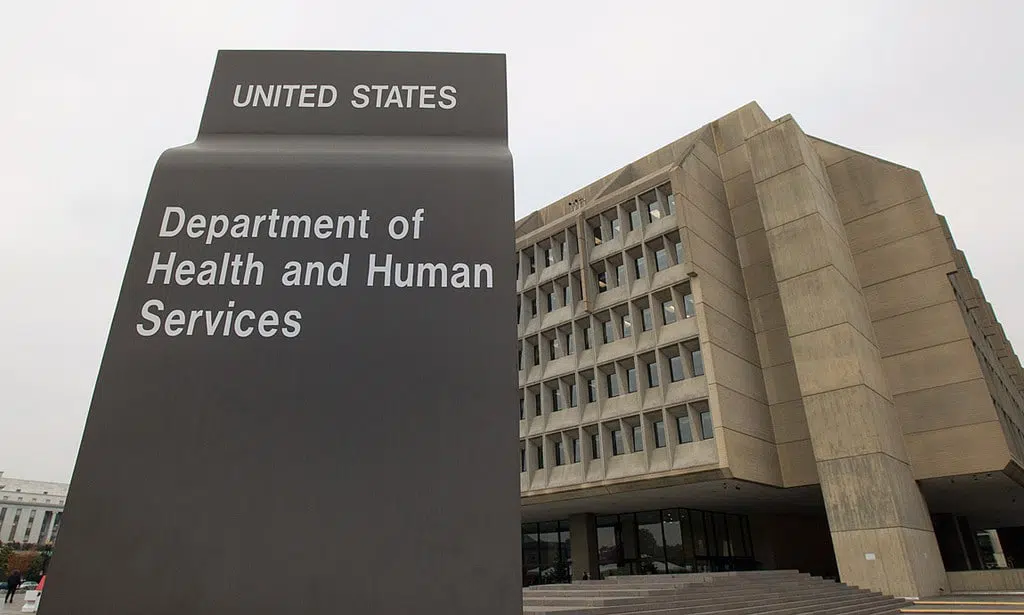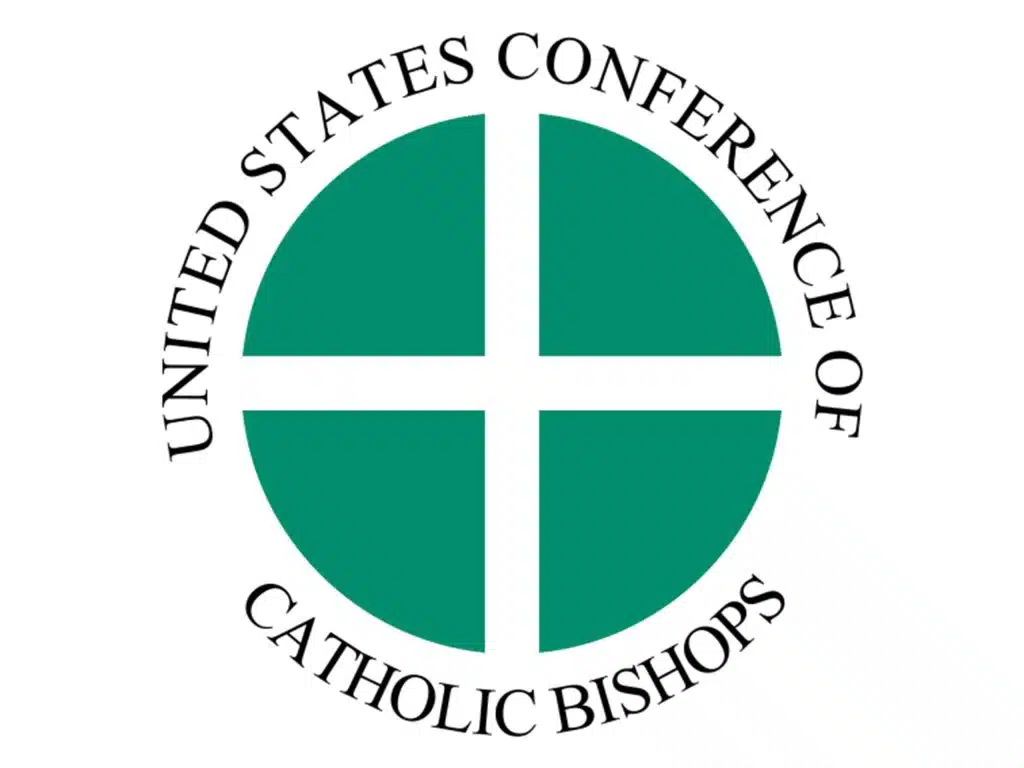WASHINGTON – Exemptions from the requirement to provide contraceptive coverage under the Affordable Care Act will be simplified to include many more types of religious institutions and accommodate the needs of self-insured church entities that say they must keep a clear financial and functional wall between themselves and the provision of contraceptives.
A new set of proposed rules announced Feb. 1 by the Department of Health and Human Services attempt to accommodate objections raised by Catholic institutions, among others, that said the previous rules would force them to stop providing employee health insurance because the federal requirement to include contraceptive coverage violates their religious beliefs.
The Affordable Care Act includes coverage of contraceptives in all insurance plans. Under what has become known as the contraceptive mandate, the early version of proposed rules for this part of the nationwide health care program mandated all employers provide free coverage of contraceptives for their workers.
The first version of proposed rules for this coverage exempted only religious organizations whose main purpose is the inculcation of faith and who employ and serve members of the faith. A later “accommodation” said nonexempt organizations could do this through third-party insurers.
The expansion would cover religious higher education institutions, health care providers and charitable agencies that do not discriminate on the basis of religion as to whom they serve or employ.
The new proposed rules specify that no exemption will be given to “for-profit, secular employers.” Some for-profit entities such as Christian-owned craft retailer Hobby Lobby have sued the federal government over the contraceptive mandate, saying that it violates the religious beliefs of the owners and the faith-based company outlook, and so they should be entitled to a religious exemption.
A brief statement from the U.S. Conference of Catholic Bishops said the conference welcomed “the opportunity to study the proposed regulations closely. We look forward to issuing a more detailed statement later.” The Catholic Health Association, which represents Catholic hospitals and health care agencies, also declined to comment on the changes until they were studied.
Others were quick to praise the proposed new rules for addressing the objections of Catholic and other entities, while some found fault with them, saying they would not resolve their objections.
“The Family Research Council strongly opposes the new regulation that continues to mandate that life-ending drugs and contraceptive services be covered by health plans of organizations that have serious moral and religious objections,” said Anna Higgins, director of FRC’s Center for Human Dignity. “The accounting gimmicks HHS is now proposing under the latest regulation fail to satisfy the religious freedom protections that exist in other current laws and in the First Amendment of the U.S. Constitution.
“The proposal does not expand religious freedom to all organizations and does nothing to change the current policy that forces religious entities to pay for insurance plans that include abortion-inducing drugs, sterilizations and contraception,” Higgins said.
The same day the proposed rules were released they were published in the Federal Register, opening a 60-day period for public comment. The rules are expected to be finalized this summer. Institutions are required to provide coverage by August.
The new proposed rules for exempt religious organizations said that in order to clarify what kinds of organizations may qualify for the exemption, HHS is eliminating the first three prongs of the original four-pronged definition of qualifying religious organizations and clarifying the application of the fourth.
“Under this proposal, an employer that is organized and operates as a nonprofit entity and referred to in (defined sections off the tax code) would be considered a religious employer for purposes of the religious employer exemption,” the rules proposal said.
For this purpose, eligible organizations may include “trusts and unincorporated associations, as well as nonprofit, not-for-profit, non-stock, public benefit, and similar types of corporations,” it said.
HHS said that by eliminating the first three prongs of the definition of exempt entities, “there no longer would be any question as to whether group health plans of houses of worship that provide educational, charitable, or social services to their communities qualify for the exemption.
The 80 pages of details include a discussion of the 200,000 public comments HHS received on the preliminary rules, giving examples of some of the situations presented for consideration in applying the rules.



